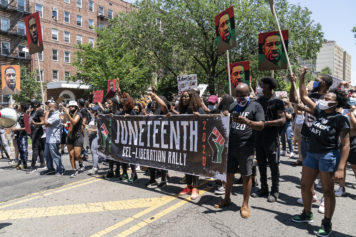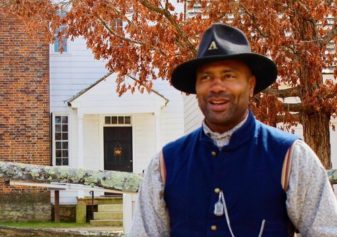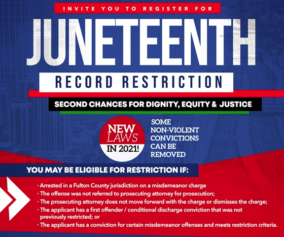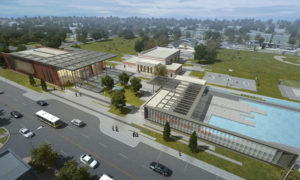
Black architect Phil Freelon has designed a $33 million renovation project for Emancipation Park in Houston. Courtesy Perkins + Will.
A renowned African-American architect is leading the $33 million effort to revitalize a Houston park that has hosted Juneteenth celebrations for the last 140 years.
Although President Abraham Lincoln’s Emancipation Proclamation went into effect on January 1, 1863, news of the liberation did not reach many enslaved Blacks until years later at the end of the Civil War.
Those in Galveston, Texas, received the good news from Union General Gordon Granger on June 19, 1865:
“The people of Texas are informed that, in accordance with a proclamation from the Executive of the United States, all slaves are free. This involves an absolute equality of personal rights and rights of property between former masters and slaves, and the connection heretofore existing between them becomes that between employer and hired labor,” Granger read aloud from the balcony of Ashton Villa.
The newly freed men flooded the city’s streets in joyful celebration and gathered every year thereafter in commemoration for a festival deemed Juneteenth.
The annual celebrations quickly spread to neighboring cities, and in 1872, four formally enslaved Texans — Rev. Jack Yates, Elias Dibble, Richard Allen and Richard Brock — raised $800 to purchase a 10-acre plot of land in Houston for their own event. They called the grounds Emancipation Park and with its inception, established the first public park in the state.
Eventually, the site served as the go-to spot for the thriving Black community’s top social and entertainment events year-round.
When the City of Houston took over during the days of Jim Crow, it was the only municipal park African-Americans could legally frequent. And in the second half of the 20th century, the once vibrant Third Ward neighborhood began to deteriorate, taking the park down with it.
Anxious to return the hub to its former glory, local civic, business and professional volunteers joined to form Friends of Emancipation Park in December of 2007.
“The historic value was what drew me,” President Dorris Ellis told the Houston Chronicle in 2013. “I kept telling people, ‘If those freed slaves raised all that money to buy 10 acres, then surely we ought to be able to make it a destination place for all people. Surely! Surely we can do that.’ ”
The non-profit organization raised $33 million needed for a complete overhaul.
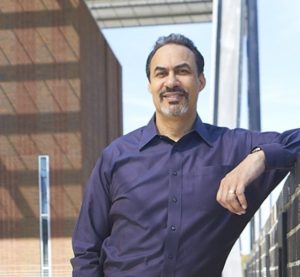
Phil Freelon
Now Phil Freelon, the man behind designs for the Smithsonian National Museum of African American History and Culture in Washington D.C.; the Museum of the African Diaspora in San Francisco; and the National Center for Civil and Human Rights in Atlanta, hopes to transform the historic space into a sophisticated cultural landmark befitting its unique legacy.
“The new Emancipation Park will be an interwoven tapestry of buildings and landscape that celebrates the park’s rich history while embracing the present and future of its community,” Freelon told NBCNews.
The current locale features picnic areas, a baseball field, tennis and basketball courts, a joint softball/football field, a playground and multi-purpose event space.
The reimagined park, scheduled for completion in the fall, will feature a brand new recreational center and updated community center and pool house, according to the Defender Network.
The park will also hold educational and health programs, fitness and sports programs, seminars, town hall meetings, conferences, concerts, plays, exhibitions and festivals.
“The historic Emancipation Park project is a beautiful journey that weaves together many stories from the past to the present,” said Teri Canada, senior project manager at Perkins+Will, the architecture and design firm fronting the project, per NBC. “This place is more than just a park; it is a destination that showcases the extraordinary story of triumph of a former enslaved people and celebrates this story through the language of architecture.”
